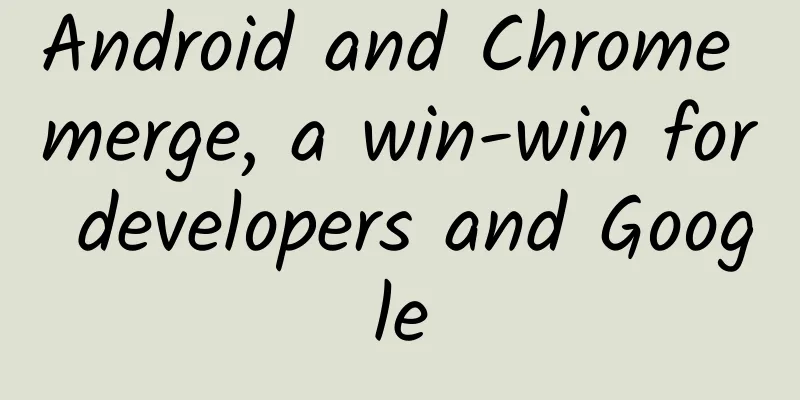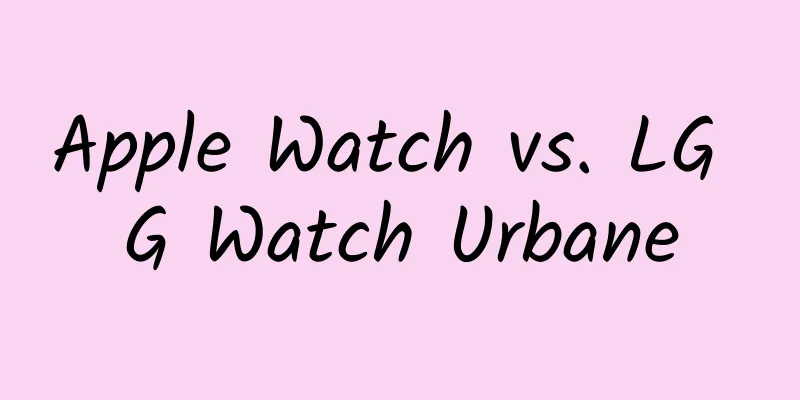Android and Chrome merge, a win-win for developers and Google

|
For a long time, developers have often faced a confusing question: Which side does Google's APP ecosystem lean towards? Chrome or Android? All this has come to light with a personnel change at Google. Recently, the Wall Street Journal reported that Hiroshi Lockheimer, the vice president responsible for the development of the Android mobile operating system, will also lead the Chrome engineering team, replacing Linus Upson, the former head of the Chrome team and the top engineer, and report to Sundar Pichai, Google's senior vice president. This not only means that the merger process of Android and Chrome will be accelerated, but also that the final focus of the integration of the two systems is likely to fall on Android. This is also consistent with the market position of the two major systems. Android dominates 85% of the smartphone market, and although Chromebook has performed well in the North American market (especially in the education industry), it only has 2% of the global personal computer market share (data from IDC in the second quarter of 2014). In fact, Google's plan to merge Android and Chrome has long been foreshadowed. As early as 2009, Sergey Brin pointed out that Android and Chrome would merge sooner or later. The more substantial move in the merger of the two systems took place at the Google Developer Conference in June this year, where Google announced that Android apps can run in Chrome. Many people believe that this marks that Google's APP strategy is more inclined towards the Android mobile platform. From the latest Android version, Lollipop, we can see that Android is no longer content with the smartphone and tablet market, but has extended its tentacles to the hot in-car computer entertainment system, wearable computer and smart TV market. In the layout of competing for these strategic markets, all signs show that Google will withdraw the jab of Chrome and hit the heavy punch of Android. ***, the integration of Android and Chrome is a win-win situation for Google and software developers. Google can further expand its Android (Chrome) developer camp, while integrating the marketing resources of the two platforms to launch a stronger challenge to Apple. On the other hand, for developers, whether you use Java to develop native Android applications or JavaScript to develop Chrome applications, you will no longer need to develop two versions of APP for Android and Chrome in the future. |
<<: The three major hacker groups that keep Americans awake at night
>>: Android 5.0 Lollipop source code released
Recommend
What kind of article is an original article? How to write original articles for website SEO?
Many SEO people are asking, why my website has no...
Common properties for Android development
1. Add spaces between text in android string.xml ...
Some organisms have not changed in hundreds of millions of years. Has evolution really stagnated?
Some organisms seem to have remained unchanged in...
Jiuzhaigou earthquake, brands must stop issuing blessing posters!
Yesterday (August 8) at 9:19 p.m., a magnitude 7....
How did the mouse evolve? Let's take a look
When talking about the mouse, we have to mention ...
The Ultimate Pursuit of Alchemy - Turning Stone into Gold
Produced by: Science Popularization China Author:...
Kuaishou Advertising | How to promote on Kuaishou?
Kuaishou advertising is to place advertisements i...
In addition to solid, liquid and gas, water can actually burn in this special form!
Matter in the world can appear in many different ...
Xiaohongshu competitive product analysis report!
Today, when e-commerce has penetrated into our li...
Meizu 20 Pro review: Two years of hard work, a full-on "alien" flagship
For the mobile phone market and consumers, the Me...
From WAVE SUMMIT+2021, we are looking for the indispensable “gaze” of the new generation of AI people
When we talk about AI, we always associate it wit...
Alibaba's new AI technology turns ordinary people into dancing masters in seconds
At the beginning of 2024, social media and WeChat...
Activity Operation: How to design activity prizes that stimulate user desire?
All methods of gaining traffic are designed as ba...
Do you know about electromyography, which allows muscles to "speak"?
Everyone is familiar with electrocardiogram and e...
【Practical】Basic knowledge you should know about game IP
The gaming industry is perhaps the most special o...









